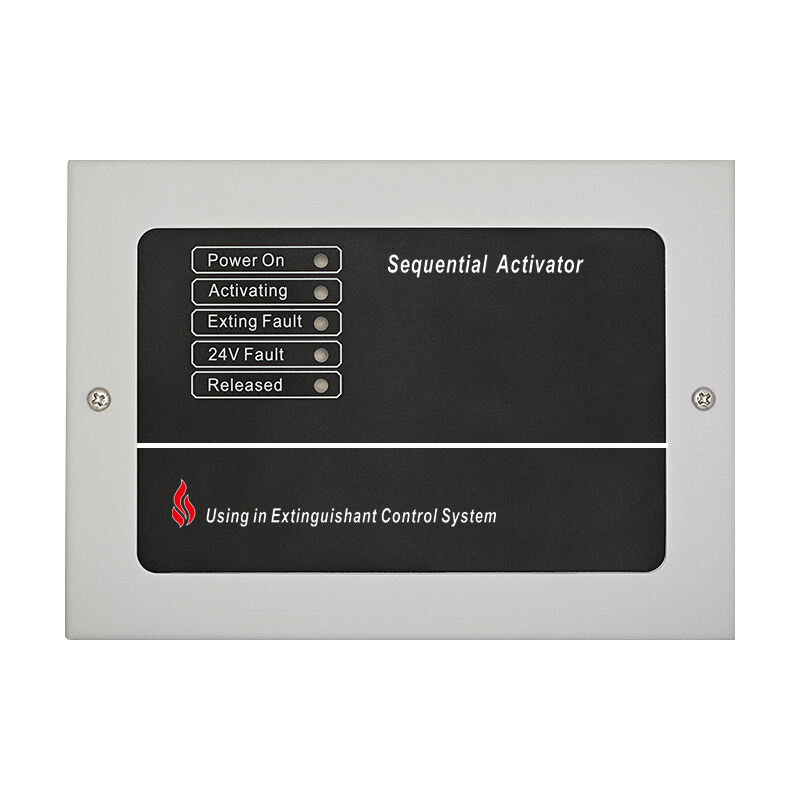smoke detector types
Smoke detectors are essential safety devices that come in several types, each designed to provide reliable fire detection for different environments. The main types include ionization, photoelectric, and dual-sensor smoke detectors. Ionization smoke detectors use a small amount of radioactive material to ionize air molecules, making them particularly effective at detecting fast-flaming fires. Photoelectric smoke detectors employ a light beam and sensor to detect smoke particles, making them more responsive to smoldering fires. Dual-sensor detectors combine both technologies for comprehensive protection. Advanced models now incorporate smart features like WiFi connectivity, mobile alerts, and integration with home automation systems. These devices can be hardwired into a building's electrical system or operated on batteries, with many modern units featuring sealed 10-year batteries for extended protection. Some advanced models also include additional sensors for carbon monoxide, heat, and humidity, providing multi-threat detection capabilities. Installation options vary from simple battery-powered units to interconnected systems that communicate with each other, ensuring building-wide alerts when smoke is detected in any area.











